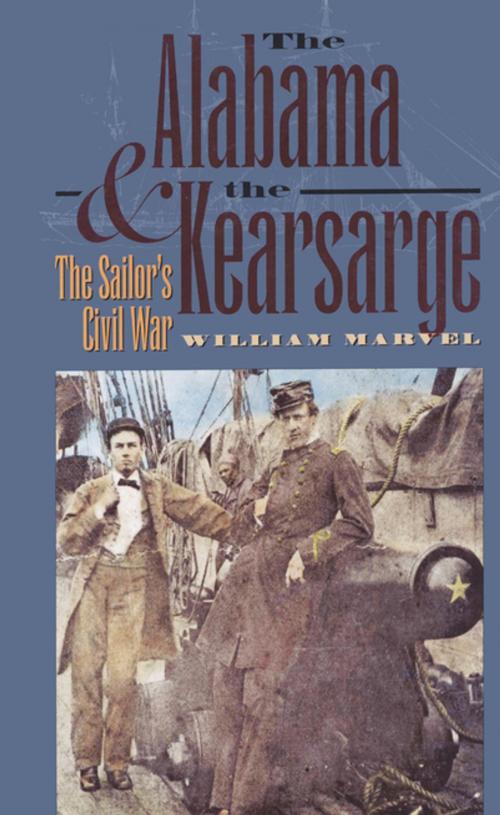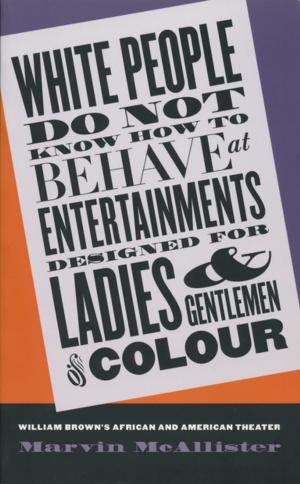The Alabama and the Kearsarge
The Sailor's Civil War
Nonfiction, History, Americas, United States, Civil War Period (1850-1877)| Author: | William Marvel | ISBN: | 9780807866900 |
| Publisher: | The University of North Carolina Press | Publication: | November 9, 2000 |
| Imprint: | The University of North Carolina Press | Language: | English |
| Author: | William Marvel |
| ISBN: | 9780807866900 |
| Publisher: | The University of North Carolina Press |
| Publication: | November 9, 2000 |
| Imprint: | The University of North Carolina Press |
| Language: | English |
On June 19, 1864, the Confederate cruiser Alabama and the USS Kearsarge faced off in the English Channel outside the French port of Cherbourg. About an hour after the Alabama fired the first shot, it began to sink, and its crew was forced to wave the white flag of surrender.
Working with personal papers and diaries and contemporary reports, historian William Marvel interweaves the stories of these two celebrated Civil War warships, from their construction to their climactic encounter off Cherbourg. Just as importantly, he illuminates the day-to-day experiences of their crews. From cabin boys to officers, sailors have been one of the most ignored groups of the Civil War.
The sailors' lot was one of constant discomfort and monotony, interspersed with riotous frolics ashore and, occasionally, a few minutes of intense excitement and danger. Housed in damp, crowded quarters, their wartime mortality rate did not reach that of their army counterparts, but service-connected diseases shortened their postwar lives disproportionately. Most of the crewmen ended their lives in nameless obscurity, and their story has remained unwritten until now.
On June 19, 1864, the Confederate cruiser Alabama and the USS Kearsarge faced off in the English Channel outside the French port of Cherbourg. About an hour after the Alabama fired the first shot, it began to sink, and its crew was forced to wave the white flag of surrender.
Working with personal papers and diaries and contemporary reports, historian William Marvel interweaves the stories of these two celebrated Civil War warships, from their construction to their climactic encounter off Cherbourg. Just as importantly, he illuminates the day-to-day experiences of their crews. From cabin boys to officers, sailors have been one of the most ignored groups of the Civil War.
The sailors' lot was one of constant discomfort and monotony, interspersed with riotous frolics ashore and, occasionally, a few minutes of intense excitement and danger. Housed in damp, crowded quarters, their wartime mortality rate did not reach that of their army counterparts, but service-connected diseases shortened their postwar lives disproportionately. Most of the crewmen ended their lives in nameless obscurity, and their story has remained unwritten until now.















